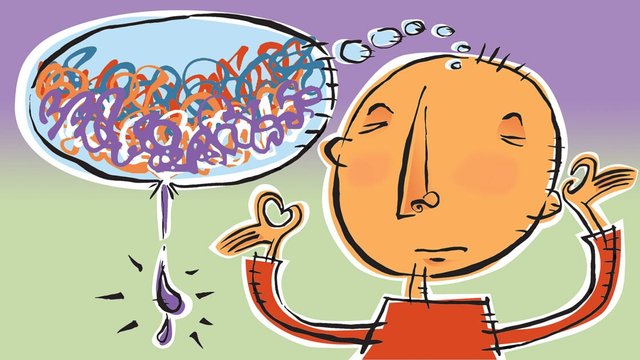Mindful Decision Making: Techniques for Making Better Choices and Reducing Stress
The purpose of this article is to introduce you to four techniques for mindful decision making. I’m sure you’ve already heard some of these before, but I’ve found that they’re especially useful when deciding between two or more options.
STEP 1: Start by Observing the Situation

As you’re experiencing stress, your body releases a chemical called cortisol. Cortisol is one of the body’s primary fight or flight hormones. Your body releases it during times of danger, such as when you’re trying to escape from a bear or to run away from an attacker.
When you’re stressed, you tend to react quickly without thinking about the long term consequences. In addition, stress causes you to focus your attention on the things that are happening right now, not on the things that might happen down the road.
STEP 2: Take a Deep Breath
When your brain senses a stressful situation, it activates your fight or flight response. You’re likely to experience two things:
A. Faced with an impending threat, your heart begins racing and your blood pressure rises.
B. You feel like your head is spinning faster and faster.
Your first instinct is to take a deep breath. This action reduces stress in your body and brings your heart rate and blood pressure down. It also slows the rate at which your brain processes information. In other words, when you take a deep breath, you reduce the speed of your brain’s thinking process and the intensity of your feelings.
When you start thinking about a stressful situation in the future, you tend to react emotionally without taking a deep breath. This is why you feel like your head is spinning.
STEP 3: Think Through the Long Term Consequences
When you’re faced with two or more choices, you need to consider the long term consequences. If you go through a list of options and ask yourself, “What will this choice mean in the long term?” you’ll probably end up making a wiser decision.
This isn’t always easy to do because sometimes it’s hard to think about the future. For example, most of us don’t know what we’ll be doing five years from now, let alone 20 or 50 years from now.
In the past, when I’ve had to make a tough decision, I’ve found that taking a step back helps me think more clearly. This usually involves writing out all of my options and then asking myself the question, “If I had to pick between these two, which would I choose?”
STEP 4: Find Someone Who Makes the Decision
Sometimes we need someone else to help us make a decision. We may want to bring someone else into the discussion so we can have more options to compare.
It’s important to remember that the person who has the final say in a decision often influences our decisions. The
The text of this publication shows indications of being generated by the AI /GPT, unless you check it..
Zerogpt
Openai
Visit the following publication if you want to know what Plagiarism of information is considered and phishing. Abuse Watcher